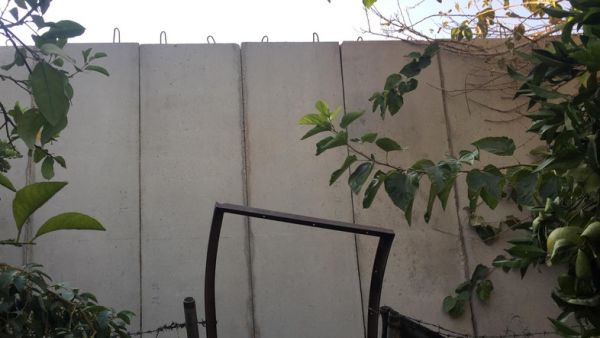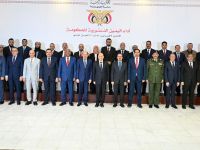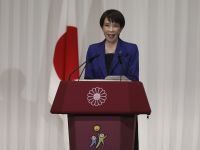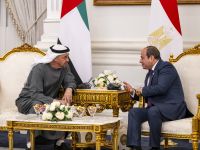An official of the Hamas movement Tuesday condemned the building of a so-called “security wall" around the Ain al-Hilweh Palestinian refugee camp in Lebanon which broke ground on Sunday, while other critics have decried the construction, calling it an “apartheid wall,” and highlighting its similarities to Israel’s separation wall that cuts through the occupied West Bank.
The largest and most crowded refugee camp in Lebanon, Ain al-Hilweh is home to some 54,116 registered refugees who were forced to flee their villages during the establishment of the state of Israel in 1948 , according to the UN.
An official of the Hamas movement, who preferred to remain anonymous, said in a statement Tuesday that the wall was in violation of international law, principles of human rights, and Palestinian-Lebanese relations, adding that the wall would only hurt the cause of Palestinian refugees, threaten their futures, and add to their suffering.
“This decision will increase tensions and fuel disputes when all concerned sides had put in efforts in the past years to prevent these tensions, maintain security and stability, and deal with sectarian conflicts,” the statement read.
The official also called for the initiation of Palestinian-Lebanese dialogues to discuss the issues in order to maintain political relations and protect mutual interests as an alternative to building a wall around the densely-populated refugee camp.
Meanwhile, other critics have drawn attention to the similarities of the wall around Ain al-Hilweh and Israel’s separation wall in the West Bank --also commonly referred to as the “apartheid wall” -- as some commented “This picture is not in occupied Palestine… But this is an apartheid wall.”
According to UNRWA, the UN agency responsible for providing services to some five million Palestinian refugees, the Ain al-Hilweh refugee camp is characterized by high rates of poverty and poor housing conditions, which have been further stressed as a result of overcrowding as the population of the camp has ballooned in recent years.
Palestinians in Lebanon have the highest percentage of their population living in abject poverty from among the other countries the organization serves, according to UNRWA.
Facing discriminatory employment policies, Palestinians in Lebanon are restricted from working in over 20 professions or claiming the same rights as other non-citizens in Lebanon, while all the refugee camps suffer from overcrowding, poor housing conditions, and a lack of infrastructure.








